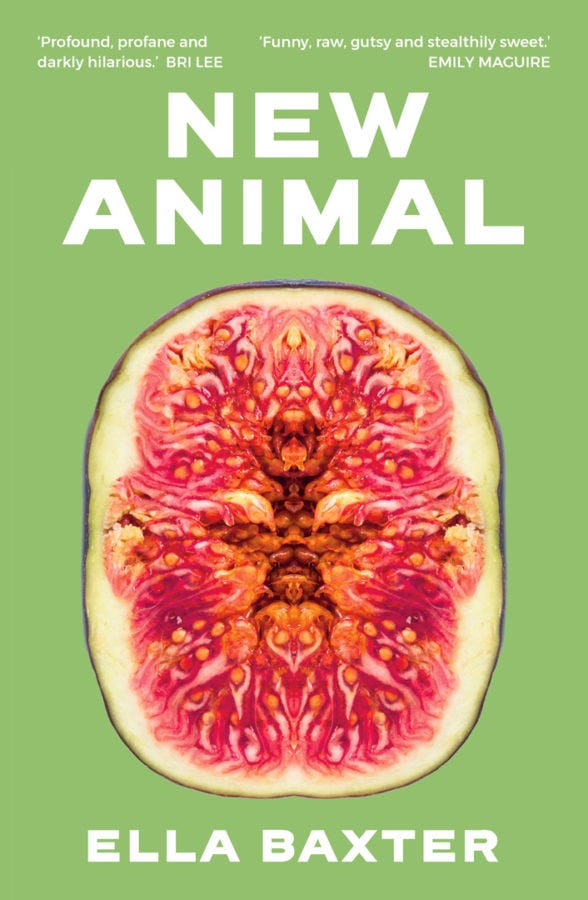Sydney Review of Books
Loss Statement
Eileen Chong sends in this essay about writing grinding to a halt during lockdown: 'I really enjoyed the humanism and groundedness, as always, of Eda Gunaydin’s essay on not writing – which as we all know is an essential aspect of writing.'
'During this period I have been incapable of doing anything: positively haemorrhaging cash, deadlines (which used to structure my day-to-day existence), and career goals (which used to propel me) feel distant and insubstantial. I develop the habit of weakly remarking about some missed deadline or another, "What are they gonna do, come to my house?"'
Dirty Realism’s Other Face
Here, nothing is sacred; everything is corruptible. The storylines themselves paint the picture for us.
Literature is a universal conversation and who better understands this than the translators working at the boundaries between literary worlds?
In her essay, Alice Whitmore untangles the modern lineage of writers, exploring a specific brand of realism exploding across geographically distant work.
This essay sparks reading tangents, hundreds of references to plunge you into a rabbit hole.

Raise Your Needles: In Defence of Public Knitting
At the beginning of each semester Vladimir Nabokov would ban his students from talking, smoking and knitting in class.
Nabokov’s quote captures one of the main complaints against knitting in public: that it’s rude to do so when others are around, whether it’s because the assumption is that the knitter isn’t paying attention, that it implies boredom, or that it’s distracting to others.
Aleesha Paz defends public knitting by skilfully weaving together thoughts about art, politics and activism.
Maria Tumarkin on Michael Hofmann: One F (in Hofmann) – and U-C-K the Consequences
With Hofmann it is not, for me, the display of force that sets him apart, it’s the way he treats reviewing – as unrepeatable, 'hot', improvisational, dangerous.

Ursula Robinson-Shaw on Ella Baxter: Dissociating the Novel
Here is my little hypothesis: People love to say that the problem with Australian literature is a lack of critical culture. It’s not. It’s that people don’t read Australian literature, and then they lie about it online.
Guwayu – For All Times
The term ['interpretation'] speaks more faithfully to the complexity of each of our languages that are unique and refuse direct classification and translation into the coloniser’s introduced language of English. For some poets, too, the decision to craft their works in Aboriginal-English rather than Standard Australian English is a conscious and deliberate choice. It is also a testimony to our ability to make the introduced language our own and to make it work for our many communities, and is further evidence of the innovation and resilience of our First Nations peoples post invasion.